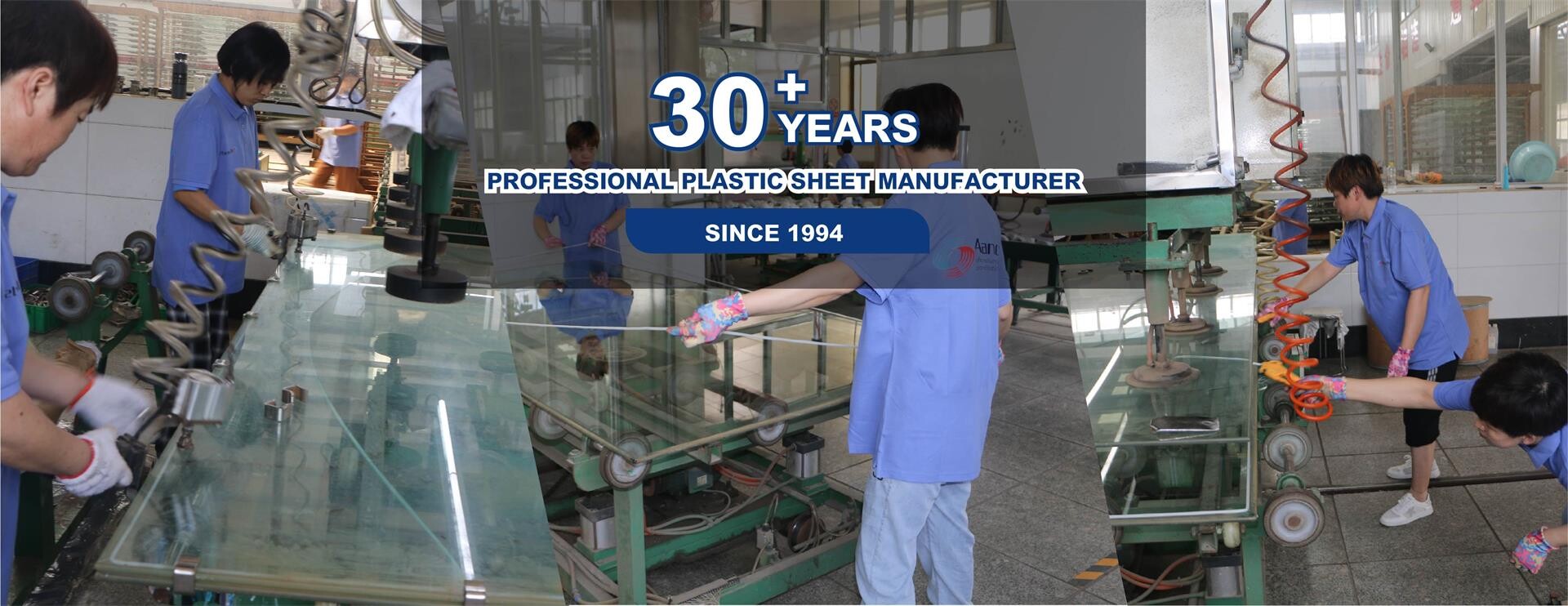
What Is the Difference Between PVC Foam Board and PVC Sheet?
When discussing plastic sheet materials in industries such as construction, signage, furniture, and packaging, two terms often come up: PVC sheet and PVC foam board. While they are closely related, they are not the same—and understanding the difference is essential for proper selection and application.
Let’s explore their relationship, differences, and respective classifications based on the complete structure shown in the classification chart.
1. PVC Sheet: The Broad Category
PVC sheet refers to all flat sheets made from polyvinyl chloride (PVC). It is a general category that includes a variety of subtypes based on material density, structure, and flexibility.
According to the classification chart, PVC sheet is divided into two main branches:
Rigid PVC Sheet
Flexible PVC Sheet
Each branch contains more specific subtypes, suited to different uses and physical requirements.
2. PVC Foam Board: A Subtype of Rigid PVC Sheet
PVC foam board falls under rigid PVC sheets. Unlike solid PVC sheets, which are dense and heavy, foam boards are produced through a foaming process that introduces air into the structure, making them lighter and easier to process.
Within PVC foam board, there are three major variants:
Free Foam Board: Fully foamed with no outer skin; lower density, rougher surface, economical.
Celuka Foam Board: Features a hard outer “skin” created during extrusion; smoother, more durable.
Album Core Board: Specially optimized foam board used as inner core in high-end photo albums.
These variants differ in surface finish, weight, cost, and application.
3. Flexible PVC Sheet: A Separate Branch
On the other side of the PVC sheet family tree is Flexible PVC Sheet, made with plasticizers to allow bending and elasticity. It is not foamed. This category includes:
Clear Flexible Sheet: Transparent, used for curtains, packaging, etc.
Colored/Opaque Flexible Sheet: Used in industrial soft partitions, flexible panels, etc.
Flexible sheets have very different physical properties from foam boards, despite being part of the same material family.

4. Key Differences: Summary Table
5. Which One Should You Use?
Choose PVC Foam Board if you need lightweight, easy-to-cut, or decorative materials—perfect for advertising boards, wall panels, cabinets, or album cores.
Choose Solid Rigid PVC Sheet if your application requires mechanical strength and chemical resistance—such as machine parts, tanks, or structural panels.
Choose Flexible PVC Sheet if your project needs bendable materials, like transparent curtains, flexible wraps, or insulation layers.
Conclusion
To put it simply:
PVC foam board is a type of PVC sheet, not a completely separate material.
The difference lies in structure, weight, and intended use. By referring to a full classification like the one in the chart, you can accurately select the right PVC product for your application—whether it’s for durability, decoration, or flexibility.
Contact Us
If you have any enquiry about quotation or cooperation, please feel free to use the following enquiry form. Our sales representative will contact you within 24 hours. Thank you for your interest in our products. "*" Indicates the Fields are Mandatory
Related Posts
Request A Quote! We'll respond as soon as possible(within 12 hours)
Leave A Message

